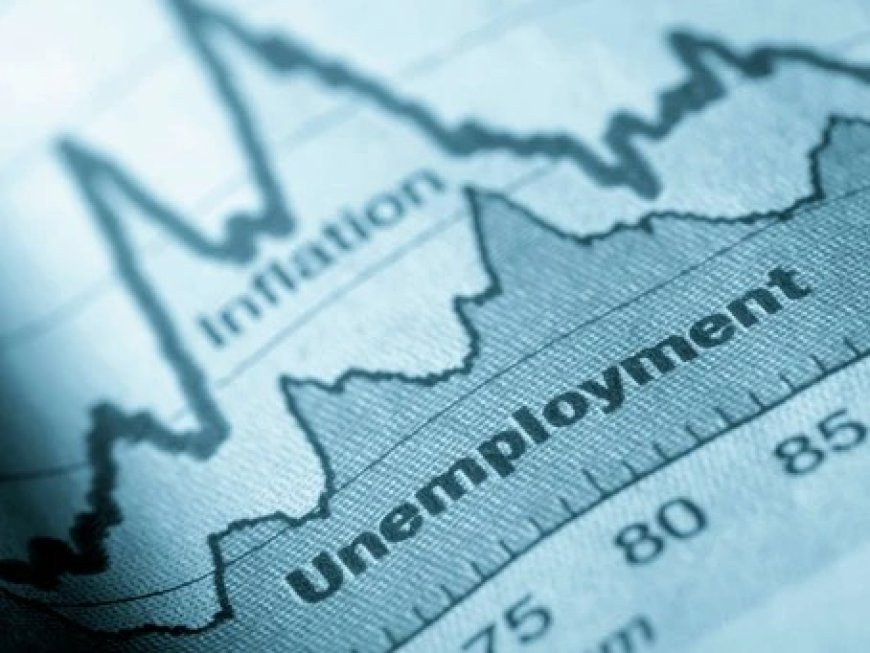Does Filing for Unemployment Affect My Social Security Disability Claim?

If you’re considering applying for Social Security Disability Insurance (SSDI) or Supplemental Security Income (SSI), you may be wondering whether filing for unemployment benefits could impact your claim. It’s a valid concern, as many people are facing challenging financial circumstances, and the idea of receiving unemployment assistance might seem like a necessary step while waiting for a disability determination.
The short answer is that, yes, applying for unemployment benefits can affect your Social Security Disability claim. However, the full answer is more nuanced. Let’s break down the key factors to help you understand how these two programs interact.
Unemployment Benefits vs. Social Security Disability
Unemployment benefits are designed for individuals who are able and available to work, but are temporarily out of a job due to circumstances beyond their control (e.g., job layoffs, company downsizing). To qualify for unemployment, you must demonstrate that you are actively seeking work and able to accept suitable employment if offered.
On the other hand, Social Security Disability benefits are for individuals who are unable to work due to a physical or mental impairment that has lasted, or is expected to last, for at least one year or result in death. The Social Security Administration (SSA) requires that applicants show they are unable to engage in “substantial gainful activity” (SGA) due to their disability.
The Potential Conflict
The core issue arises because Social Security Disability benefits are based on the inability to work due to a disability, while unemployment benefits require that you are actively seeking work. If you are receiving unemployment benefits, you are essentially stating that you are able to work, even if it’s only part-time or for lower-paying jobs. This creates a contradiction if you are also claiming that your disability prevents you from working.
Here are the potential ways unemployment benefits could affect your SSDI claim:
-
Inconsistent Work AbilityIf you are receiving unemployment benefits while also claiming you are too disabled to work, the SSA may see this as contradictory. The SSA will likely question whether your disability is severe enough to prevent you from working, especially if you have stated on your unemployment claim that you are able to work and looking for a job.
-
Presumption of Work CapacityIn some cases, the SSA might interpret your unemployment claim as evidence that you have the capacity to engage in substantial gainful activity (SGA). This could result in a denial of your SSDI claim, or a delay in the processing of your claim as the SSA looks for clarification on your ability to work.
-
Impact on SSI ClaimsWhile SSDI and SSI are different programs, the issue of work capacity is still relevant for both. For SSI, which is a need-based program, income is a critical factor. Unemployment benefits count as income and could affect your eligibility for SSI benefits, especially if your income exceeds the allowable limits.
What Should You Do?
If you are already receiving unemployment benefits and plan to file for SSDI, it’s essential to consider the potential implications. Here are a few steps you can take to minimize any complications:
-
Consult an Attorney: It’s always a good idea to consult with a disability attorney before making decisions regarding unemployment benefits. A lawyer can help you understand your specific situation and advise you on whether it’s best to continue receiving unemployment while filing for SSDI.
-
Be Honest and Clear: When applying for SSDI, be upfront and honest about your situation. If you’ve applied for unemployment benefits, the SSA will likely ask about it. Be prepared to explain your circumstances and how they relate to your disability. If you were receiving unemployment while waiting for your disability claim to be processed, you might need to provide evidence of your inability to work due to your condition.
-
Evaluate Your Ability to Work: If you are unable to work due to your disability, it’s important to stop filing for unemployment benefits once your claim for SSDI is underway. Continuing to file for unemployment could create confusion or be viewed as a sign that you’re capable of working.
-
Consider Timing: Some people apply for unemployment as a temporary solution while awaiting their SSDI decision, especially given the long processing times for disability claims. If you choose this route, just be aware of the risks involved, including delays in your SSDI claim or a denial based on the apparent inconsistency of your claims.
Conclusion
While it’s not a hard-and-fast rule that filing for unemployment benefits will automatically lead to a denial of your Social Security Disability claim, it certainly introduces a risk. The SSA will likely question why you are receiving unemployment if you are claiming to be unable to work due to a disability. The best course of action is to be honest, consult with an experienced disability attorney, and carefully consider the timing and potential impact of receiving both benefits at the same time.
If you’re facing this dilemma and need guidance, don’t hesitate to reach out to our law firm. We’re here to help you navigate the complexities of both unemployment and disability benefits and ensure the best possible outcome for your claim.
What's Your Reaction?



















